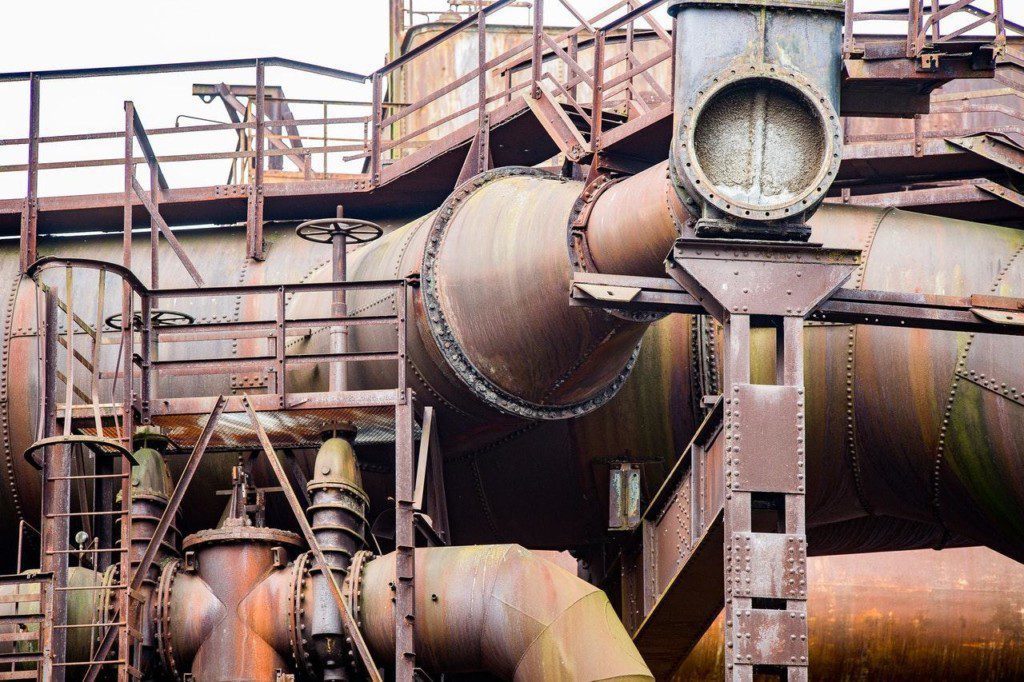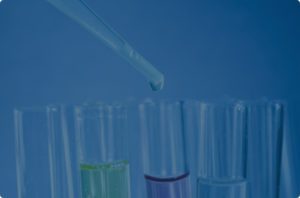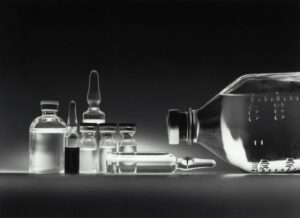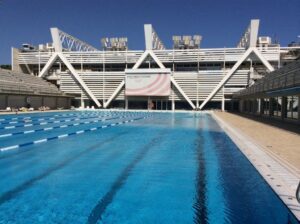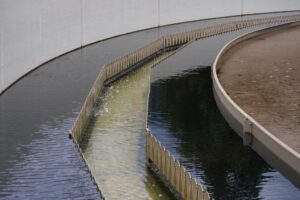The key towards avoiding these issues is to treat the boiler feed water before the problems occur. Treatment systems for boiler feed water are comprised of several different technologies that are able to address the water treatment needs that your boiler has. Keep in mind that the treatment of boiler feed water is highly important for both low-pressure and high-pressure systems. By properly treating the boiler feed water before scaling or fouling occurs, you can effectively avoid the need for costly upgrades, repairs, or replacements. The right treatment system should:
- Extend the service life of equipment
- Remove harmful contaminants before they are able to enter the boiler
- Control corrosion in the return line
- Avoid problems like boiler failure and plant downtime
- Promote internal chemistry control within the boiler
- Efficiently use steam condensate
The following article goes into detail about boiler feed water systems and how to effectively manage them.
Key Takeaways:
- A boiler feed water treatment system is used to send water into a steam drum from the feed pump.
- There is a list of components we discuss that should be included in all treatments for a boiler feed water system to keep your system running efficiently at all times.
- It is important to have a boiler feed water system for your boiler system to prevent foam carry-over, scale, leaks, and system malfunctions.
What Is Included in a Boiler Feed Water Treatment System?
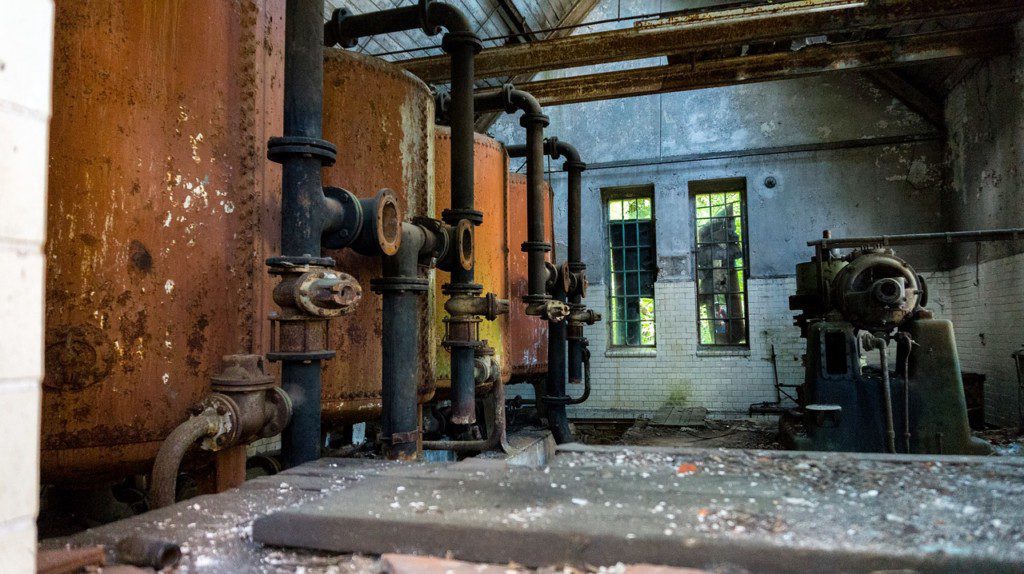 In order for a boiler to work effectively, all contaminants and impurities must be filtered out of the system. If this doesn’t occur, scale, fouling, and other problems will develop, which will assuredly result in the system becoming less efficient and potentially malfunctioning. While the quality of water that a boiler requires can differ from system to system, there is a basic list of components that should be included in all treatment systems for boiler feed water. The primary components include:
In order for a boiler to work effectively, all contaminants and impurities must be filtered out of the system. If this doesn’t occur, scale, fouling, and other problems will develop, which will assuredly result in the system becoming less efficient and potentially malfunctioning. While the quality of water that a boiler requires can differ from system to system, there is a basic list of components that should be included in all treatment systems for boiler feed water. The primary components include:
- Ion exchange/softening system
- Filtration and ultra-filtration systems
- Various types of membrane processes like nano-filtration and reverse osmosis
- De-aeration/degasification
- Coagulation/chemical precipitation
These treatments can be combined in any way you see fit. Any combination should be adequate for the needs of your boiler and plant. It’s possible that your specific boiler has been customized in some way, which may require some additional technologies and features when you want to treat the water.
What Impurities Does a Boiler Feed Water System Remove?
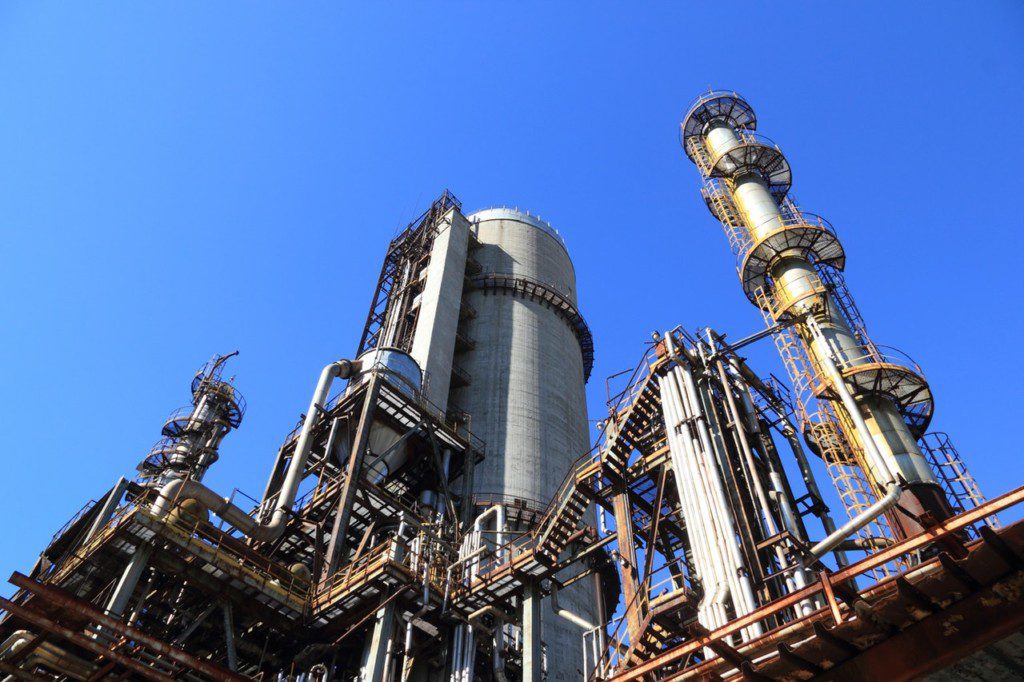 The right boiler feed water treatment system can remove a wide range of different impurities, which can help with the prevention of many issues that could damage your system and make it less efficient. With the right technologies in place, it’s possible to remove suspended solids, dissolved solids, and organic material. Dissolved solids are all organic and inorganic substances that are present within the water in micro-granular, ionized, or molecular forms. Concentrations of dissolved solids are usually measured in parts per million.
The right boiler feed water treatment system can remove a wide range of different impurities, which can help with the prevention of many issues that could damage your system and make it less efficient. With the right technologies in place, it’s possible to remove suspended solids, dissolved solids, and organic material. Dissolved solids are all organic and inorganic substances that are present within the water in micro-granular, ionized, or molecular forms. Concentrations of dissolved solids are usually measured in parts per million.
As for suspended solids, these are very small particles that remain suspended in the water as a result of the motion of this liquid. Suspended solids are larger than dissolved solids, which makes them easier to remove. Organic material refers to any organic compounds that are derived from the waste products of plants and animals. Removing organic material from boiler feed water will significantly improve the quality of the water. The exact types of dissolved solids, organic material, and suspended solids that can be found in water include:
- Hardness – This can cause scale and deposits to develop on piping and other boiler parts
- Iron – This can be either insoluble or soluble and can create numerous issues, which include damaging downstream equipment, depositing on boiler parts, and reducing the quality of manufacturing processes
- Silica – The presence of silica can lead to hard scaling, which is a serious problem with high-pressure boilers
- Copper – Can lead to the development of deposits on high-pressure turbines, which lessens their efficiency and requires expensive cleaning
- Aluminum – Will create scale deposits on the interior of the boiler
- Dissolved gases – The presence of such gases as carbon dioxide and oxygen can lead to heavy corrosion on pipes and other boiler parts
- Magnesium – When magnesium combines with phosphate, it can stick to the boiler interior and facilitate the development of scale
- Calcium – Can lead to several different types of scaling
Importance of Having a Boiler Feed Water System
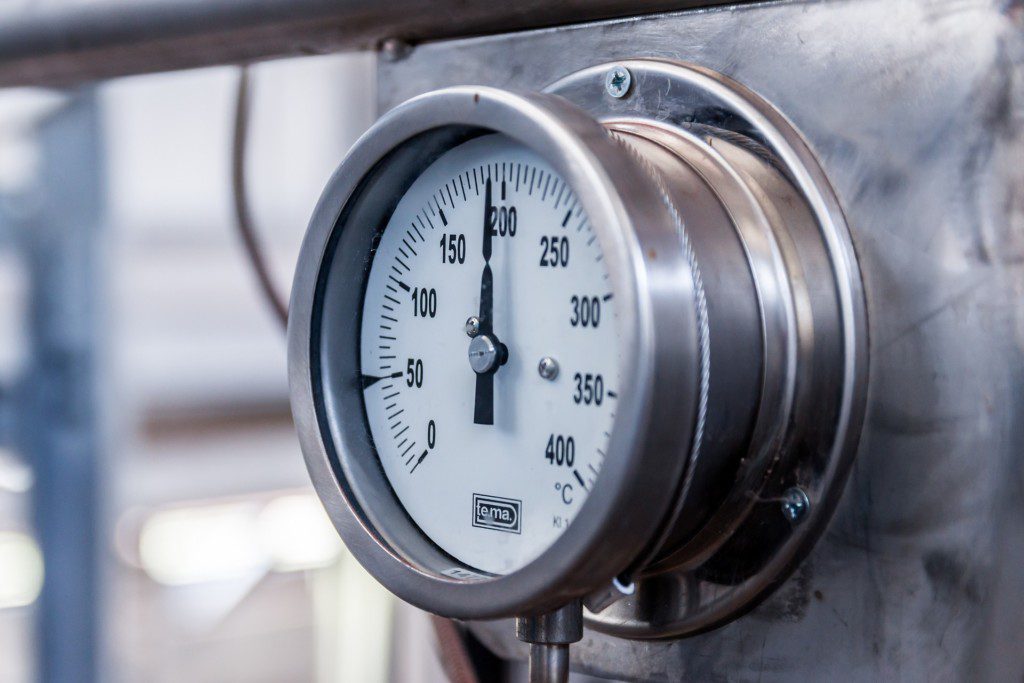 The quality of your feed water is essential if you want the boiler itself to function properly and without issue. Without a sufficient water treatment system in place, your boiler feed water may contain high amounts of contaminants, gases, and other impurities. When the water is left unfiltered, the entire boiler can be damaged by the development of foaming carry-over, scale, and similar problems. Along with a reduction in system efficiency, unfiltered water can lead to boiler leaks and system malfunctions.
The quality of your feed water is essential if you want the boiler itself to function properly and without issue. Without a sufficient water treatment system in place, your boiler feed water may contain high amounts of contaminants, gases, and other impurities. When the water is left unfiltered, the entire boiler can be damaged by the development of foaming carry-over, scale, and similar problems. Along with a reduction in system efficiency, unfiltered water can lead to boiler leaks and system malfunctions.
Dissolved Gases
If small concentrations of carbon dioxide or oxygen are found within your boiler feed water, they can cause high amounts of damage over time. Even if readings of these gases are as low as five parts per million, the boiler will invariably be damaged unless the water is treated. With dissolved oxygen, this substance will react with any carbon steel in the system, which creates oxygen pitting issues and will eventually cause leaks to occur.
As for dissolved carbon dioxide, this gas can develop from chemical reactions in the boiler or from water that is poorly deaerated. If the carbon dioxide gets out of your boiler when steam forms, the condensate could become acidic, which would result in the steam piping being corroded.
How to Prevent Dissolved Gas Issues
Dissolved gas issues can be effectively prevented in a hot water tank or deaerator. When these systems function properly, all dissolved gases should be removed before the boiler water gets sent into the system. Along with a deaerator or hot water tank, you should also maintain a strong chemical treatment program to ensure that even trace amounts of these gases are removed.
Dissolved Solids
Dissolved solids like iron, calcium, and magnesium can create major damage in any boiler. When the water temperature goes up, these dissolved solids will create scale on the system, which can form in economizers or feed water pipes. The presence of scale causes a reduction in the efficiency of the boiler since the heat-absorbing surfaces can’t be properly cooled. If the problem isn’t swiftly corrected, uneven thermal growth will likely be found throughout the system. If the scaling is too thick, the boiler tubes could fail completely.
How to Prevent Dissolved Solids Issues
If you want to prevent the many issues that can be caused by dissolved solids, there are several different and highly effective systems that you can use. For instance, water softeners are able to get rid of magnesium and calcium. Another option involves using reverse osmosis systems, which can remove silica, calcium, and magnesium from the water.
To effectively treat the water, it’s essential that you regularly measure the feed water and raw water. You can then determine which water treatment system is right for you based on the concentration of dissolved solids in the water. It’s particularly important that you measure the conductivity of the water.
Foaming Carry-Over
Foaming carry-over occurs when impurities within your boiler become too concentrated. This issue can also result from over-treatment of the water with chemicals. Although less common, foaming carry-over may occur when organic matter like oil or grease is accidentally introduced into the condensate return or boiler feed water. This foam will be forced directly out of the steam outlet, which can lead to significant and costly damage. This damage can take the form of erosion within the steam piping, low-water events, and water hammer in the steam line.
How to Prevent Foaming Carry-Over
If you want to make sure that your boiler isn’t damaged by foaming carry-over, it’s important that you prevent the issue from occurring in the first place. However, this isn’t always possible if the foam is caused by an accidental introduction of organic matter. The first step you should take if you believe that foaming has developed in the boiler is to measure the conductivity to make sure that there isn’t a high concentration of impurities in the water. If the conductivity range is normal, contact the water treatment company that you use to detect the main cause of the foaming.
Water treatment companies are able to perform a variety of different tests on the condensate, boiler water, and feed water. In certain situations, your boiler may need to be taken offline for a short period of time while it’s cleaned thoroughly. If the system has been contaminated by grease or oil, a deep cleaning is likely necessary. It’s also possible that the situation could be fixed with a basic water additive, which would allow you to avoid taking the system offline.
The proper function of the feed water system in your boiler is essential if you want your boiler to be at peak efficiency. With the right treatment system in place, you should be able to remove all impurities from the water before it’s sent through the boiler.
